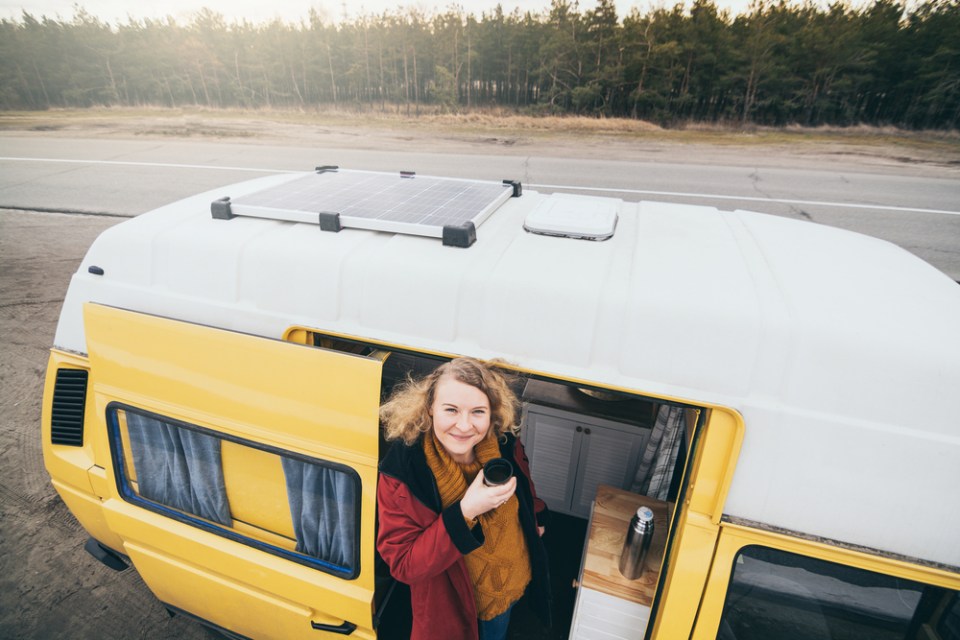The modern world may be filled with conveniences, but for many people, living an off-grid lifestyle is a growing temptation. Whether you’re looking to go completely off the grid or take the occasional digital detox, understanding what it takes to live without electricity and other utilities is essential. If you’re considering making the switch, sanctuaries like Azhen Sanctuary can provide you with the information and resources to make it a reality.

Photo by depositphotos.com
What is an off-grid lifestyle?
An off-the-grid lifestyle typically involves living without access to public utilities like electricity, water, gas, or sewer services. It often means relying solely on renewable energy sources such as solar power or wind turbines and utilizing water from wells or springs. People who live off-grid tend to grow much of their food or purchase it from local farmers.
Benefits of an off-grid lifestyle:
Living an off-grid lifestyle can have many advantages, such as
- Increased self-sufficiency: When you’re living off-grid, you become much more reliant on yourself for the basics of life, such as food and energy. It can lead to greater independence and pride in having sustainable resources.
- Lower Environmental Impact: By reducing reliance on power plants and other energy sources, you can help reduce your environmental impact. In addition, organic farming and other sustainable living methods can help provide food without relying on pesticides or other chemicals that harm the environment.
- Cost Savings: By relying solely on renewable energy sources, you can save money since you won’t have to pay for utilities. You can also save money by growing or buying local organic produce.
- Stress relief: Living off-grid can be a great way to de-stress from the hustle and bustle of modern life. By disconnecting from digital devices and reconnecting with nature, you can find peace and relaxation that may not be available in the city.
Tips for living an off-grid lifestyle:
- Research: Do your research to understand what it takes to live off-grid. It includes gathering information about renewable energy sources, sustainable farming methods, and other aspects of an off-grid lifestyle.
- Location: The location you choose is vital when living off-grid. Consider the climate, access to water and other resources, and even zoning laws to make sure you’re set up for success.
- Start small: Going completely off-grid is a significant change. Try gradually transitioning into an…
Click Here to Read the Full Original Article at Unusual Places…